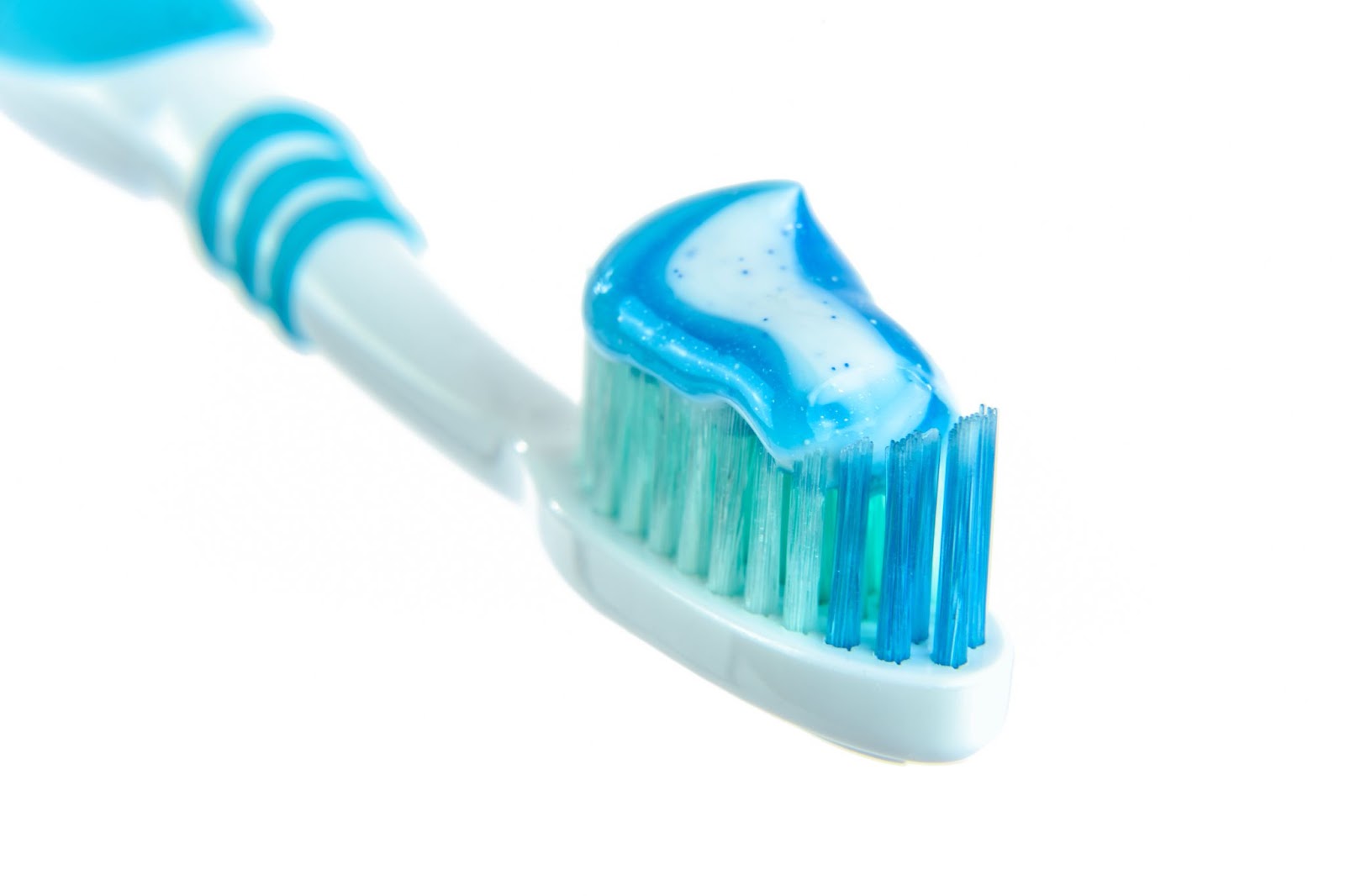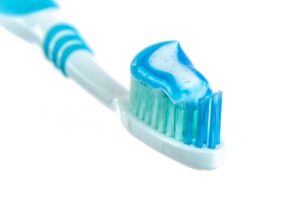
Acid levels in the mouth can have a major impact on the likelihood of developing tooth decay. When the acid levels in the mouth are too high, it can cause the enamel of the teeth to become weakened, leading to the development of cavities. When the acid levels in the mouth are too low, it can lead to tooth demineralization, creating the perfect environment for bacteria to thrive. Understanding the relationship between acid levels and tooth decay can help you take steps to prevent the condition.
The mouth is a slightly acidic environment, but the acidity of the mouth can fluctuate depending on the foods and drinks you consume. Highly acidic foods and drinks, such as soft drinks, citrus fruits, and sports drinks, can cause the acid levels in the mouth to spike. When the acid levels in the mouth are too high, it can weaken the enamel of the teeth, making them more susceptible to cavity formation.
In addition to acidic foods and drinks, the bacteria that naturally inhabit the mouth can also increase the acid levels in the mouth. Bacteria produce acids as part of their metabolic processes, and some bacteria are more acid-producing than others. Streptococcus mutans is a common acid-producing bacteria that is responsible for the development of tooth decay. The presence of too many of these bacteria in the mouth can cause the acid levels in the mouth to rise, leading to the formation of cavities.
The saliva in the mouth also plays a role in regulating the acid levels in the mouth. Saliva helps to buffer the acidity in the mouth and neutralize the acids produced by bacteria. When the saliva is not able to do its job, the acid levels in the mouth can rise, leading to the weakening of the enamel and the development of cavities.
Fortunately, there are steps you can take to reduce your risk of developing tooth decay due to high acid levels in the mouth. Brushing your teeth twice a day with a fluoride toothpaste can help remove the bacteria and food particles that can contribute to an increase in acid levels in the mouth. You should also floss your teeth daily to remove any plaque buildup that can cause an increase in the acid levels in the mouth. Finally, you should limit your consumption of acidic foods and drinks and drink plenty of water throughout the day to help keep the acid levels in the mouth balanced.
By taking steps to reduce the acid levels in the mouth, you can help protect your teeth from tooth decay. Understanding the relationship between acid levels and tooth decay can help you take the necessary steps to prevent the condition. For more information, please contact our office to schedule an appointment.



























